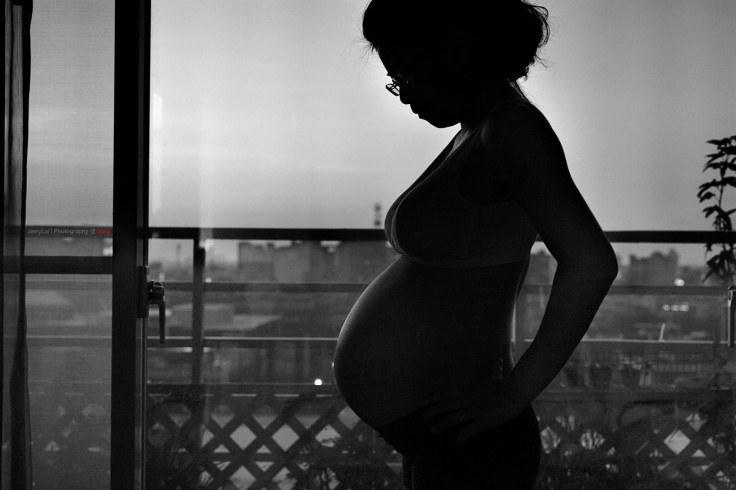Women With Endometriosis Have Greater Risk Of Pregnancy Complications, Including Miscarriage and Ectopic Pregnancy

A recent study in the UK has found that women with endometriosis are more likely to experience complications during and after pregnancy, including an increased risk of miscarriage, and ectopic pregnancy. Women with endometriosis who pass the 24-week mark of pregnancy are also at a higher risk for hemorrhaging ante- and postpartum, as well as preterm birth. Until now, pregnancy risks in women who have endometriosis were relatively unknown, but outcomes are compelling researchers to adopt new tactics for family planning in women who have this disease. Findings will be presented at the Annual Meeting of ESHRE, in Lisbon from June 14 to 17.
The study included nationwide data from all state hospitals in Scotland, reviewing discharge information on 14,655 women with medical follow-up records dating between 1981 and 2010. Comparing the reproductive and pregnancy outcome of 5,375 women with a confirmed endometriosis diagnosis, with 8,280 women who did not have endometriosis, researchers were able to analyze the prevalence of complications in women with the disease. Once adjustments were made for previous pregnancies and age, researchers found that women with endometriosis were 76 percent more likely to have a miscarriage than women who did not have the condition. Women with endometriosis were also three times more likely to have an ectopic pregnancy, a condition in which a fertilized egg implants itself outside of the uterine wall, and develops in that environment. In addition, researchers found a significant increased risk of hemorrhage and preterm birth.
“These results indicate that endometriosis predisposes women to an increased risk of early pregnancy loss and later pregnancy complications,” said Dr. Lucky Saraswat, consultant gynecologist from Aberdeen Royal Infirmary, in a recent press release.
Endometriosis is a condition in which tissue lining the uterus grows on surrounding organs. When the uterine lining escapes the uterus, it adheres to its surroundings forming adhesions, which thicken and bleed as it would in the uterus. This usually causes extreme pain for women with the condition. According to Women’s Health, an estimated five million American women are suffering from this condition, with an increased likelihood in women in their 30s and 40s.
Saraswat theorizes that the increased pelvic inflammation and structural and functional changes of the uterus that occur because of endometriosis are most likely the reason behind increased pregnancy risk. “We believe such changes in pelvic and uterine environment could influence implantation and development of placenta, predisposing them to adverse pregnancy outcomes,” she said.
Researchers feel, in light of their findings, counseling on family planning for women with endometriosis must be reevaluated. Women with the condition must be alerted to the full extent of risks, including the increased likelihood of miscarriage and ectopic pregnancy within the first trimester. They should also be informed that their pregnancy will warrant “increased monitoring by ultrasound scans, and greater vigilance to identify potential complications such as bleeding and preterm delivery,” Saraswat said. “Data from this Scotland wide study should inform health care strategies for surveillance and early identification of complications in pregnancy in order to optimize outcomes in women and their babies.”
According to Professor Andrew Horne of the University of Edinburgh, guiding these women through pregnancy is essential, as 60 to 70 percent of sufferers will become pregnant spontaneously with little knowledge of the risk. “These new findings suggest that we many need to warn women with endometriosis who become pregnant that they are at higher risk of both early and late complications in pregnancy, and may warrant increased antenatal monitoring,” he said.
While researchers do not want to wholly discourage pregnancy for women with endometriosis, they do want women to be better educated on possible outcomes. They also hope that their research will allow them to help women with higher risks of complications to deliver healthy children.
Source: Dunselman G, Saraswat L, Horne A, et al. ESHRE: Management of Women With Endometriosis. Human Reproduction. 2015.



























